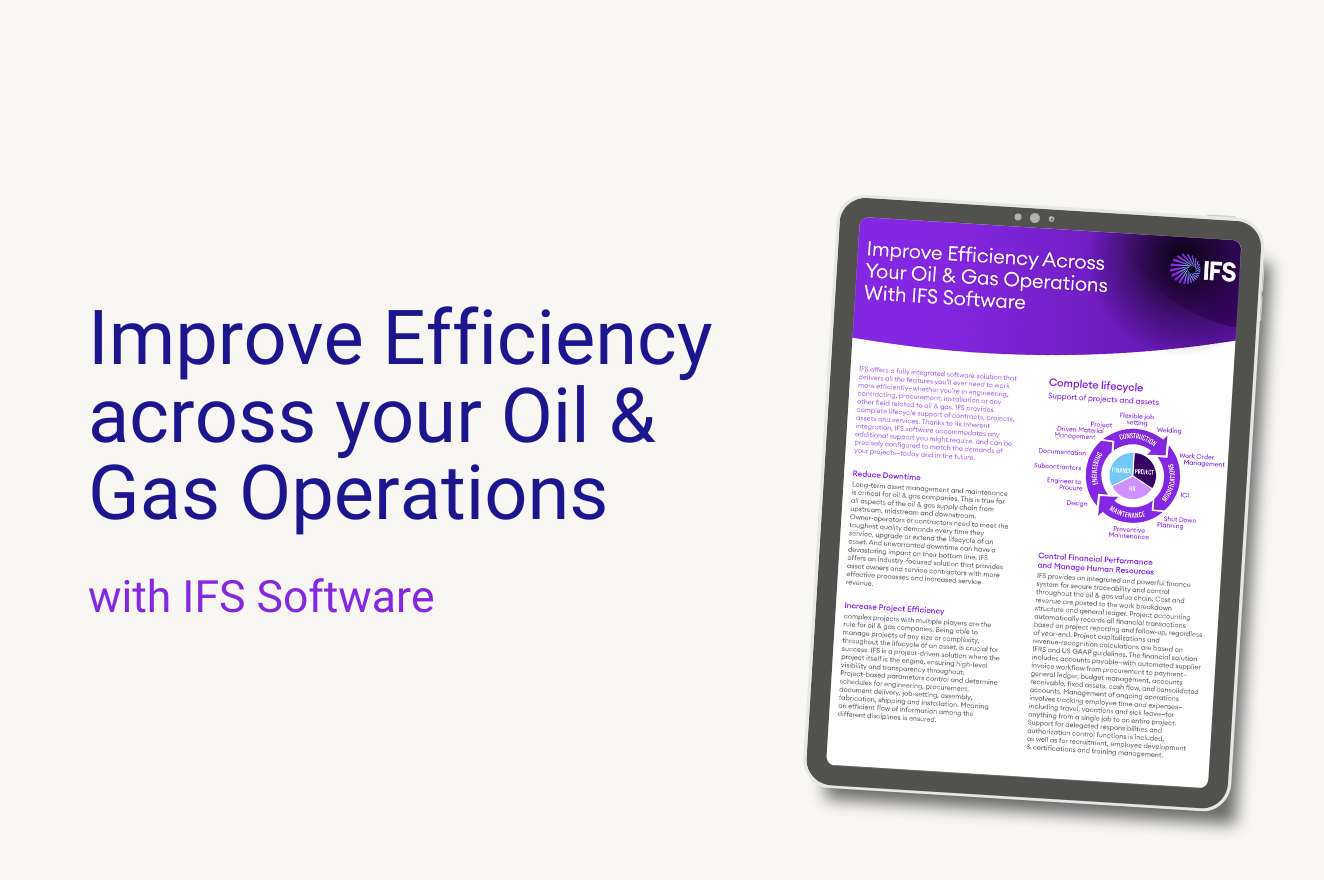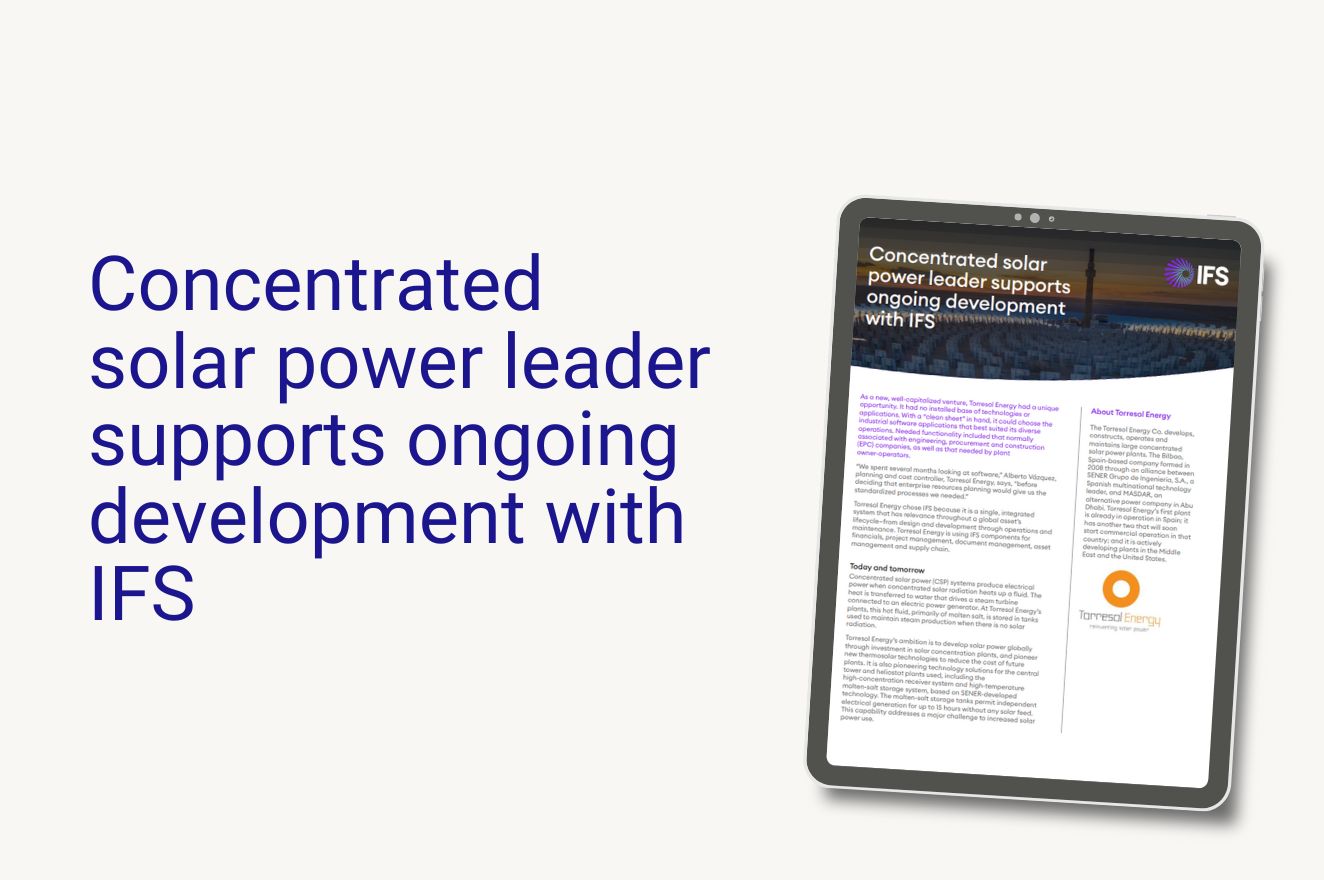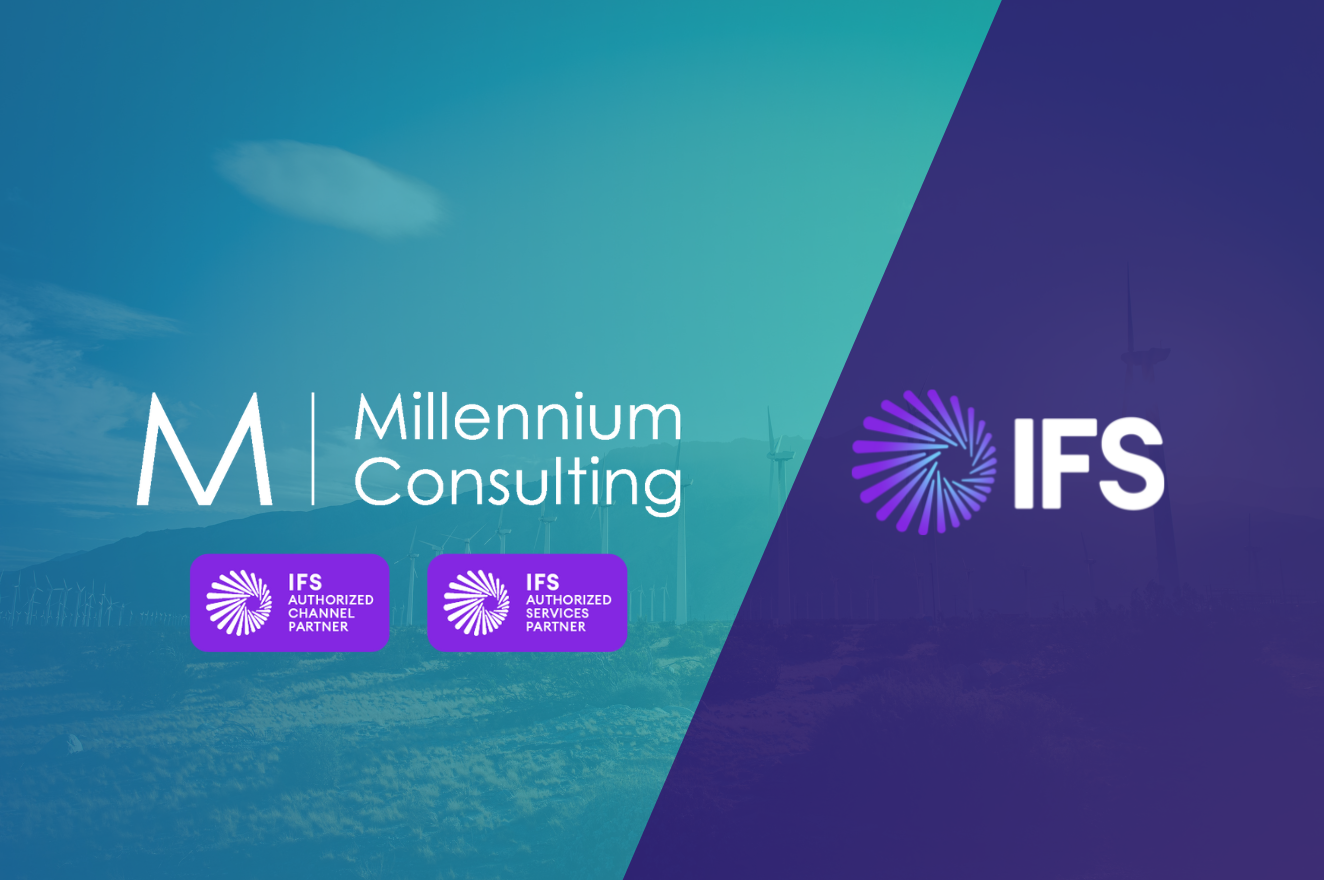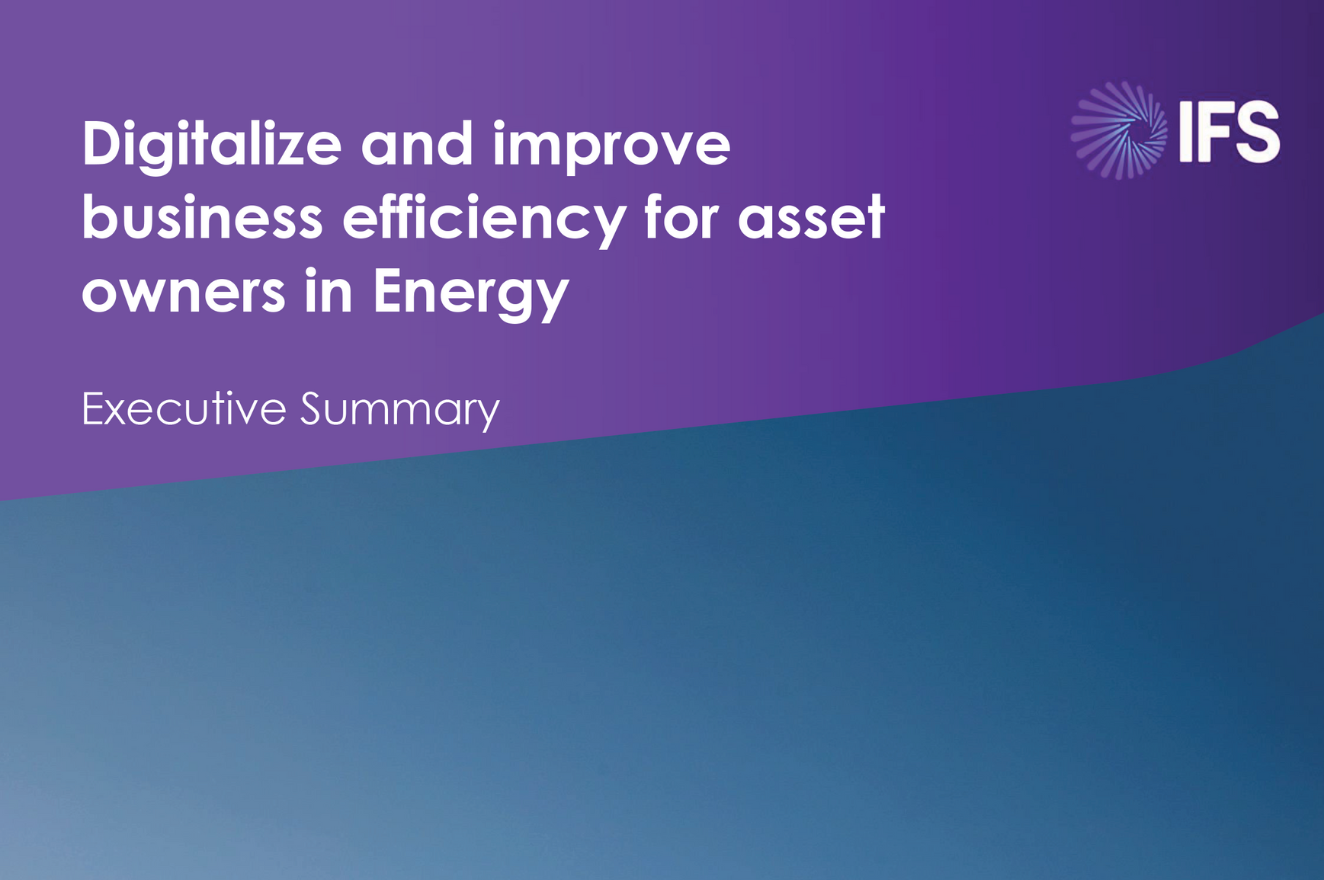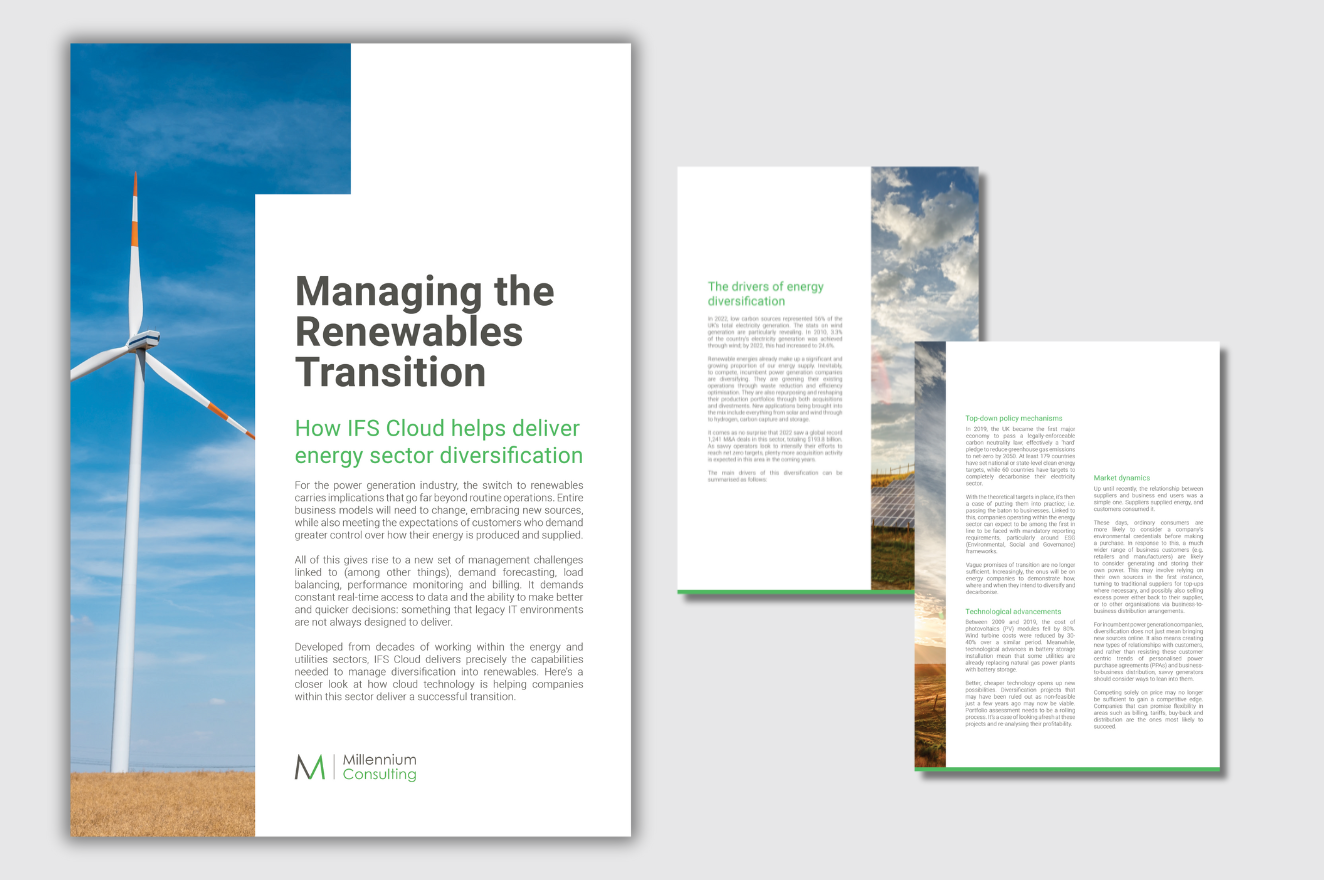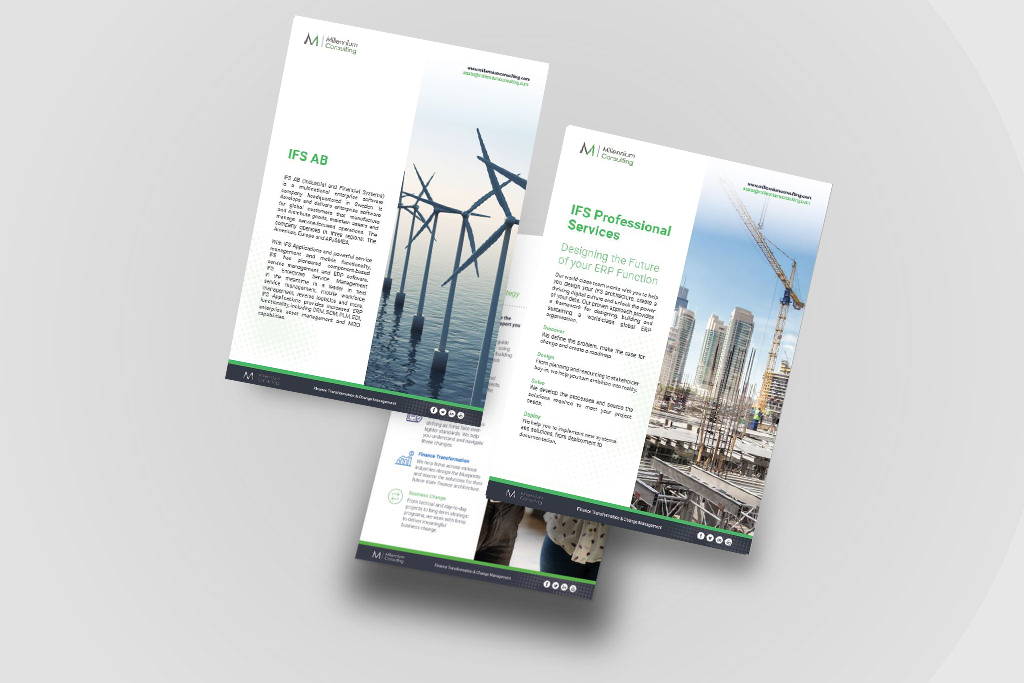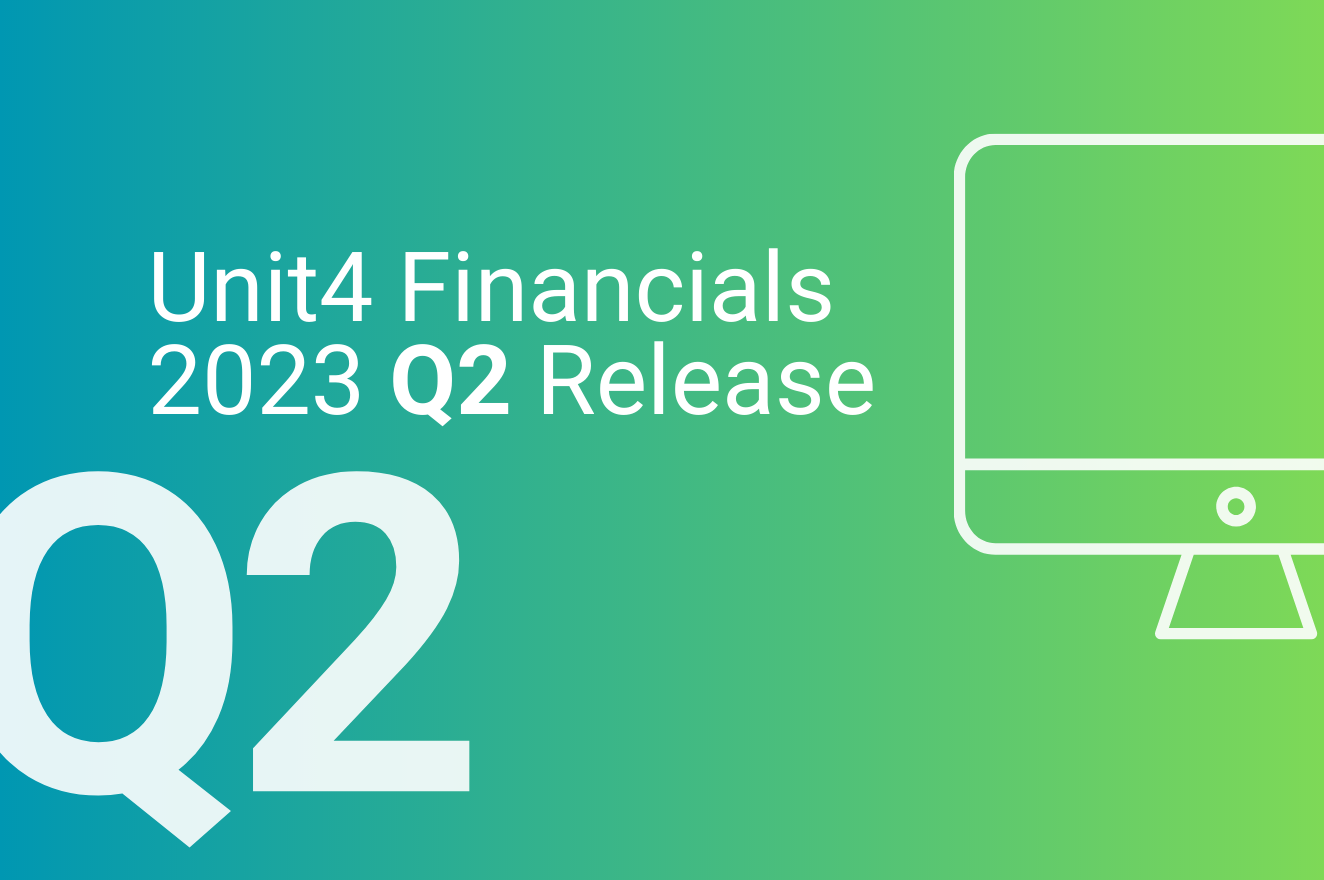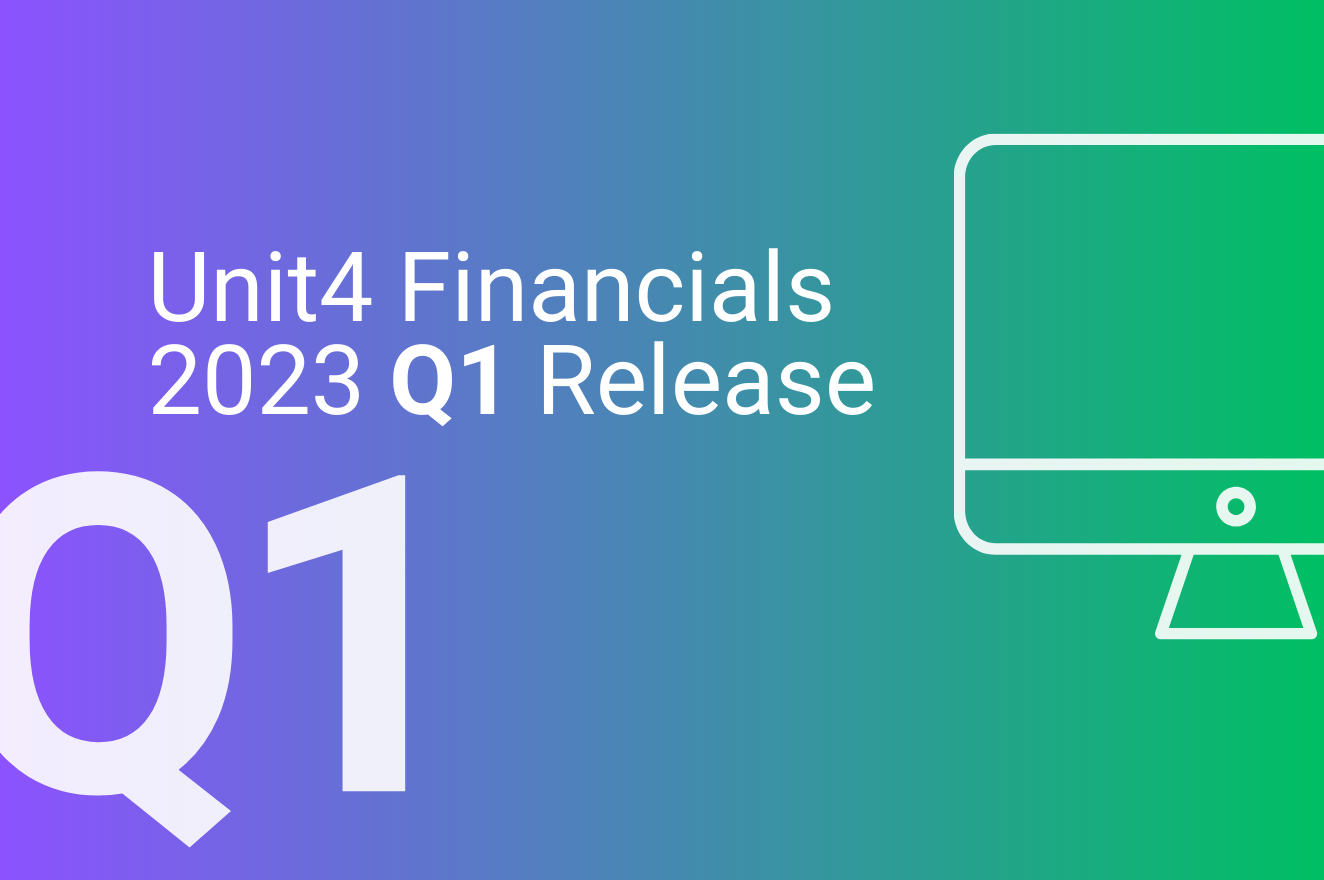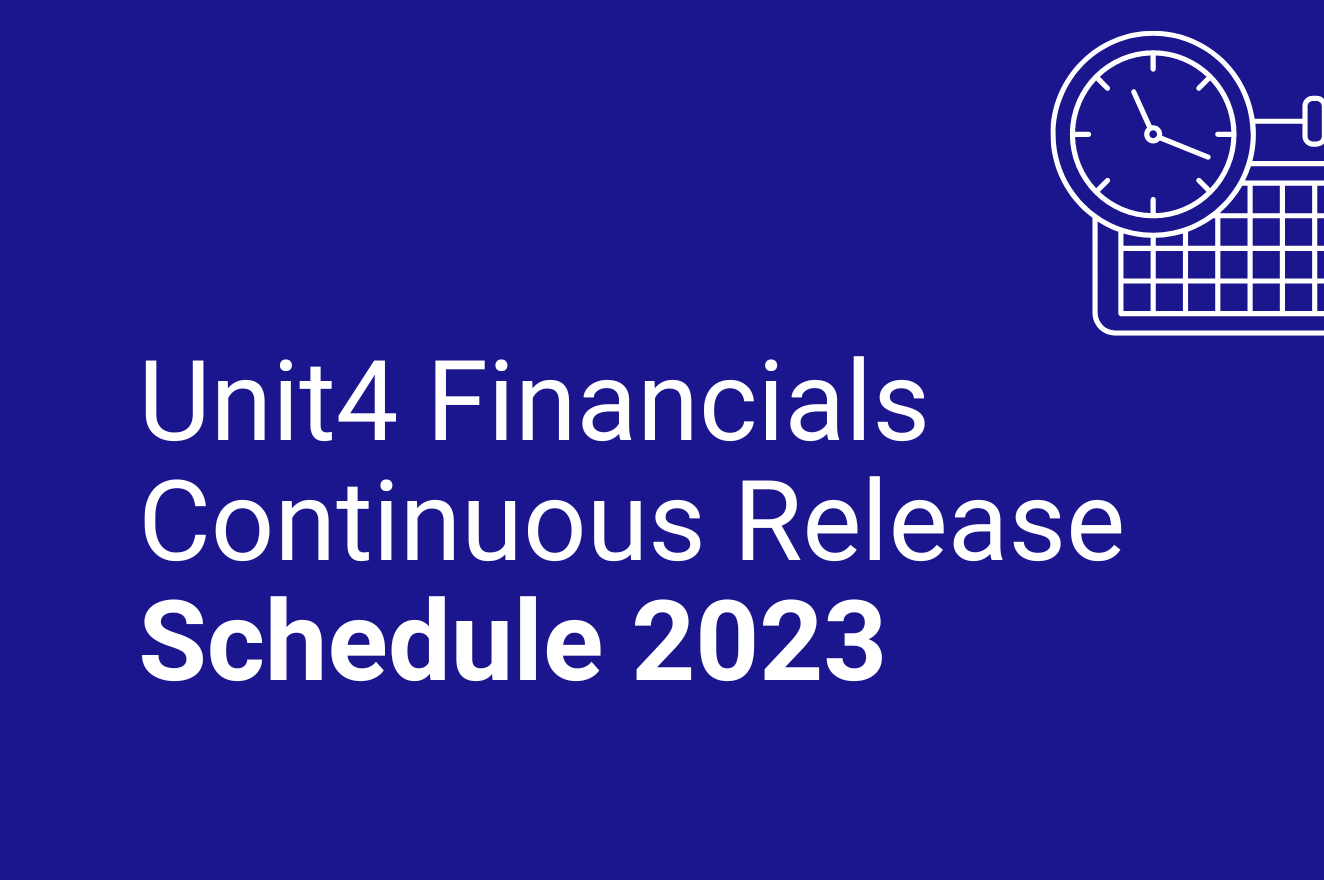Rules engine and subledger technology: what every CFO needs to know
Rules engine and subledger technology: what every CFO needs to know
June 2023
Transform your processes and liberate your finance team
From revenue recognition through to the treatment of leases – not to mention a raft of sector-specific rules and standards, the compliance burden faced by CFOs is growing year by year. Managing it requires effective internal controls, auditability and of course 100% accuracy.
Added to this, the routine reporting workload remains as relentless as ever. Familiar tasks such as reconciliation and final report preparation continue to consume a huge amount of time. In fact, currently, 87% of finance professionals are still obliged to work overtime in the run-up to the financial close.
Expectations of the finance department are also changing. With high volumes of valuable data at their fingertips, there is growing pressure to put this data to work and to use it to generate solutions to business problems. CFOs themselves are keen to find new ways to add value to their organisations. The trouble is, without streamlining routine operations there is rarely time for finance to contribute more fully and help formulate corporate strategy.
A subledger system integrated with an accounting rules engine can help overcome this deficiency. With this type of technology, transactions can be stored, processed and posted automatically to the general ledger. For the finance department, this means less time spent on manual tasks, increased accuracy and greater compliance with standards. It also frees up internal resources, providing more time to focus upon added value tasks and strategy.
This guide aims to provide an insight into the use of subledger technology, its benefits to the CFO, how it can help address specific compliance requirements and what should be looked for in a subledger.
Subledger technology explained
The general ledger is the foundation of a company’s accounting system. As a key reference point for the finance team and other business insiders, keeping it accurate and up-to-date is essential.
For any large organisation however, hundreds or even thousands of weekly accountable transactions are not unusual. Many will be straightforward, while others will need to be processed in a particular way to comply with internal policies and with general accounting principles and standards.
Manual processing of these transactions can be both resource-intensive and subject to error and therefore an automated subledger approach offers more efficient processing.
Key characteristics of subledger technology:
- The subledger provides a database for logging, storing and processing a subset of double entry accounting records.
- Subledgers can be set up for any areas of the general ledger e.g. accounts payable, accounts receivable, fixed assets, product inventory and purchasing etc.
- An automated system allows multiple subledgers to be connected to the general ledger.
- Transactions are automatically generated and posted to the general ledger.
Transactions however are not always straightforward and it’s not always enough to merely summarise a group of transactions and post them to the general ledger.
This is where a rules engine can help. A rules engine is essentially a software tool that automates the steps that make up a business process. With a subledger solution, you can apply specific rules to determine the way in which transactions are processed (before they are posted to the general ledger) to comply with all relevant accounting principles and standards, internal policies, as well as handling what can often be complex multi-entity, multi-currency calculations. Rules can be set and then applied to ensure transactions are processed correctly.
The benefits provided by using a subledger
More effective use of time and resources
Especially in the current climate, businesses demand up-to-date insights and new ideas. From workforce and asset deployment through to analysis of product-line profitability, they need to drive efficiency and identify new commercial opportunities. In all these areas, the CFO has an important role to play.
However, if the finance department is spending time mainly on routine tasks such as transaction processing, reporting and compliance, then there simply isn’t the bandwidth to devote to adding value to the organisation. What can be automated to deliver greater efficiency? This is the key question to be addressed by any finance department seeking to become more strategy-focused.
PwC highlighted the fact that in areas such as management reporting, tax and general accounting, there’s the potential to free up between 30 and 40% of time by introducing automation and process efficiencies. By dramatically reducing the time needed for manual transaction entry and reconciliation, subledger technology goes a long way to help the finance department become a valuable and trusted partner to the business.
Greater consistency and fewer errors
Subledger technology allows transactional data to be processed and automatically posted to the general ledger according to pre-defined rules. With large organisations and groups, it’s especially easy for processing inconsistencies to arise. Through universal rules, processes are rationalised, eliminating manual-entry error and inconsistency, providing increased confidence in the integrity of the financial results.
Enhanced compliance and auditability
Regulations such as IFRS15, IFRS16, IFRS17 and LDTI require finance departments to ‘show their workings’; to have their underlying operational data available for disclosure in order to demonstrate adherence to regulatory standards. Using the right subledger solution, allows drill down to the general ledger at transactional level and provides a full audit trail. Likewise, the rules set for data processing and accounting are transparent and easily verifiable. In the event of any regulator queries a solid foundation for compliance can be easily demonstrated.
An up-to-date financial picture
The COVID-19 pandemic demonstrated how quickly market conditions and expectations can change. The general ledger provides the foundation not only for accounting, but also for rolling budgets and forecasts. To provide the most value, it needs to keep up with what’s happening on the ground. Subledger technology reduces the time and manual input required for transactions to be fed to the general ledger. It helps transform the general ledger from a periodically revised accounting tool into a reliable and up-to-date information asset.
Enabling analytics and generating insight
The subledger’s primary purpose is to allow automated processing and data feeds directly through to the general ledger. But the general ledger doesn’t need to be the only destination for this data. Depending on the specific rules set, the rules engine powering the subledger effectively cleanses transactional data and ensures that data from multiple sources is processed in a consistent manner.
This helps the creation of a ‘ledger-certified’ foundation not just for statutory accounts but also for management reporting and analytics. As well as connecting to the general ledger, a feed can be set up directly from the subledger to data analytics or business intelligence tools of choice.
Aim for seamless integration
Adopting a subledger solution does not have to mean a complete overhaul of your existing technology stack. Millennium Consulting specialises in helping equip you with the type of subledger technology that addresses your specific requirements, while ensuring full integration with existing systems.
Supporting wider transformation initiatives
Compliance is often the primary driver of subledger adoption however organisations may require a more efficient system to handle the increased data processing and calculation burden that the new standard brings. A compliance challenge may also be the springboard to achieve additional business benefits. The subledger provides a way to harness potentially enormous volumes of granular data and provides the opportunity to consider how else this data may be put to work for the purposes of analysis, forecasting and delivering timely business insight.
What next?
Starting with your specific goals and operational and requirements, Millennium Consulting can help you implement best-of-breed subledger technology and processes. To keep on top of compliance, assign finance team resources to more profitable use and to build the foundations for stronger business insight, speak to Millennium Consulting today to discover how we can support you.
Improve efficiency across your Oil & Gas Operations with IFS Solutions
White paper
June 2023
Improve Efficiency across your Oil & Gas Operations with IFS Solutions
Whether you’re in engineering, contracting, procurement, installation, or any other field related to oil & gas, IFS offers a fully integrated software solution that delivers all the features you’ll ever need to work more efficiently.
Discover the latest IFS news
Realising successful Oil & Gas Digital transformation
June 2023
Realising successful Oil & Gas Digital Transformation: What makes IFS the best fit?
With a complex mix of services to manage and challenges to meet, oil & gas decision makers cannot afford to take risks with business-critical software. Sector-specific expertise is a must…
Decision makers approach software procurement with certain outcomes in mind. Typically, these include a desire to improve operational efficiency, boost productivity and gain more effective control over project management. The end goals are improved margins and a more resilient business.
To reach those desired outcomes, a complex operating environment calls for careful choice of technology. This is particularly true for finance leaders in the oil & gas sector who are grappling with a volatile market, rising operating costs, a scattered portfolio of assets to manage and increased regulatory oversight, including pressure to reconfigure the entire business model in line with ESG frameworks.
Challenging conditions call for proven, sector-specific technological solutions. This is where IFS comes in: a global leader in enterprise software, with solutions that cover Enterprise Resource Planning (ERP), Field Service Management (FSM), Asset Management and more.
To date, IFS applications have been deployed successfully in more than 400 projects by oil & gas companies. Here’s a closer look at the reasons why IFS solutions are the ideal fit for the exacting needs of this particular sector.
Ensuring continuity while driving efficiency
The challenge
Finance leaders and operational managers in the oil & gas sector tend to have complex and often competing priorities to juggle. These include the following:
- Continuity of supply. While security of supply is not a new concern, the war in Ukraine has pushed it to the top of the political agenda. In the current climate, an unplanned major outage is as much a political issue as an operational one.
- Cost reduction. In areas such as asset maintenance, this includes optimising inventories of spares and equipment, along with reduction of procurement and shipping costs.
- Alongside any initiatives in play to improve the efficiency of offshore operations, the highest standards for safety and environmental management need to be maintained.
The solution
The IFS cloud-based ERP solution comes with precisely the capabilities planners and operational managers need to meet the challenges associated with the management of offshore assets.
For instance, in the context of maintenance, robust ‘spares & repairs’ inventory functionality makes it possible to plan with accuracy for long lead times in custom fabrication, as well as transport order management.
More accurate resource planning provides greater scope for optimising inventories, lower levels of redundancy, healthier cash flow – as well as the possibility of greater leeway for negotiating lower equipment costs.
On the operational side, it can also mean reduced unplanned downtime and fewer delays due to equipment unavailability.
Eliminating silos
The challenge
Effective planning requires sight of the whole picture. This, however, is often easier said than done: particularly for an enterprise that comprises multiple assets in dispersed locations, and with production flows that span numerous drilling contractors, vessel owners and a multitude of other supply chain partnerships.
The solution
IFS enables you to break down the data silos that can emerge across scattered operational sites. In their place, you can have one version of the truth, and one set of numbers for the entire organisation.
For finance leaders, the solution can help deliver total real time visibility of the global business, including finance, project and asset management, as well as insights on performance across the entire on and off-shore supply chain.
Assets that are ‘in the dark’
The challenge
Collating transactional information from across the enterprise can be a challenge for any finance department. This is especially true for the case of the oil & gas sector – particularly when it comes to the reliable transmission of key financial information from isolated offshore units to onshore locations.
The solution
With experience of meeting the needs of the energy sector since the software’s inception, IFS is well aware of the challenges surrounding the management of scattered assets. Customers get the benefit of IFS Instant Replication as standard. This uses satellite technology to ensure that offshore operations always have system support – even in areas where communication links are poor.
On the other side, IFS Instant Replication also means that your onshore finance hub can always have access to current information on the status of each offshore asset: everything from serviceability and maintenance inventory on hand, through to data on that asset’s performance and contribution to cost and revenue.
Cross-geography initiatives
The challenge
Collating transactional information from across the enterprise can be a challenge for any finance department. This is especially true for the case of the oil & gas sector – particularly when it comes to the reliable transmission of key financial information from isolated offshore units to onshore locations.
The solution
With experience of meeting the needs of the energy sector since the software’s inception, IFS is well aware of the challenges surrounding the management of scattered assets. Customers get the benefit of IFS Instant Replication as standard. This uses satellite technology to ensure that offshore operations always have system support – even in areas where communication links are poor.
On the other side, IFS Instant Replication also means that your onshore finance hub can always have access to current information on the status of each offshore asset: everything from serviceability and maintenance inventory on hand, through to data on that asset’s performance and contribution to cost and revenue.
Project management
The challenge
Especially when under intense pressure to lower overheads, agility is key when it comes to project management. When a viable new opportunity has been identified, rarely is it a case of being able to follow a cookie-cutter workflow. Success depends on the analysis of multiple unique dependencies, along with the ability to track cost, risk and timings in real-time.
Furthermore, problems can arise when organisations have discrete technologies in play for project management and asset management – particularly when it comes to questions over which projects to prioritise in the allocation of limited enterprise resources.
The solution
IFS offers organisations a truly integrated view of performance, with tools that include both project management and asset management via a single platform. This provides for greater visibility, more efficient risk management, and helps ensure resources are allocated and reallocated to deliver the greatest possible value.
Discover more
As a premier IFS Managed Service Provider, Millennium Consulting is ideally placed to support companies across the oil & gas sector as they seek to achieve maximum return on their tech investment.
Please get in touch to discover what’s possible through the IFS platform.
Unit4 Financials 2023 Q2 Release
June 2023
Unit4 Financials by Coda 2023 Q2 was made available on 13 June 2023.
The new release contains all the previous Unit4 Financials functionality and new features. Plus, many additional customer requested fixes, highlighting the importance of logging enhancements via Unit4’s Community 4U.
Highlights of the 2023 Q2 release include:
Administration
- Output Device Master
- Logon Event Housekeeping
- Scheduled Tasks
Technical
- New WildFly scripts
- Added HTTP security headers in WildFly
- ODBC Driver for SQL Server
Deprecated features
- 32-bit XL is deprecated. We recommend the use of 64-bit XL.
- The Message Board feature in Administration is deprecated. It will be removed in a future release.
General Fixes/Updates
An error is no longer shown when creating an Element Authorisation Rule Master that references Entity Masters which have disabled Element Statuses.
- Allowed user to save a message transport master when the password contains an asterisk.
- It is now possible to add a new field to a Flexi-Field Master without removing the associated Metadata Object Definition join from all affected Dataviews. The new vocabulary will have to be added to any required Dataviews manually.
- It is now possible to remove a generated matching line without getting an error when using a Tabular Input Template Master or when resolving the document before posting.
- ITK is not disabled by database connection problems during server start.
- All repository objects, including attachments, are now written to the disk, which allows for virus scanning before they are saved.
- The response returned by the ComSelectorMaster.List service now matches the schema.
- The response returned by the GenericBrowse.SelectForTransaction service now matches the schema.
- The response returned by the PresenterMaster.Get service now matches the schema.
- Element Long Name will also be updated when the Element Name is edited in Assisted Element. Reloading the Element will now reload the Long Name correctly if it exists.
- ‘Negative rate calculated’ errors in matching have been fixed.
- Account Summary now allows changes to be saved when it is accessed from a homepage/content provider.
- When running a scheduled task manually, the confirmation message has been enhanced.
- Degrading performance during matching and other applications has been addressed.
- When the Credit Limit required checkbox is ticked in Assisted Element, the user is no longer returned to the template code selection screen. Unticking the Credit Limit required checkbox will reset the Credit Limit to 0.
- ITK Data Editor now saves changes to monetary and other big numerical values correctly.
- Documents posted to intray with invalid data no longer introduce a checksum error.
- The ITK INPF process step will now handle UTF-8 with BOM encoded input files.
- When performing a quick print of a pay proposal, document lines are no longer duplicated when an External Reference URL field is populated and specified on the Selected Details presenter on the Pay/Collect master.
- When retrieving large amount of data using Generic Browse, the amount of memory used is reduced.
- The Tablelink transfer client (API) no longer causes the system to hang.
- An error is now given if you try to use assisted element with an umbrella element.
- Returning from viewing a log no longer writes an error stack trace to the container log.
- A serious error is no longer displayed in workflow when non-unicode characters are included in the document comments.
- Changing the document date in Billing will cause the currency exchange rates to be recalculated if the Company Master exchange rate date setting is ‘Document’.
- The diagram in the installation requirements has been updated to make it clearer that a clustered deployment requires a shared JMS environment
- Fixed Path Traversal Vulnerability in the Customiser. More information on the vulnerability on the OWASP website.
- Fixed XML External Entity Injection (XXE) vulnerability in XMLi. More information on the vulnerability is available on the OWASP website.
- The source transactions are preserved when capitalising assets with temporary numbers.
Further details on the new features, security updates and reported issues can be found in the release documentation on Unit4’s Community 4U.
Unit4 Financials by Coda 2023 Q1 was made available on 14 March 2023, find here.
Release dates for Cloud users
Unit4 Cloud customers are notified by Unit4 Cloud support when their pre-production and production systems will be updated. This information can also be found within the Cloud Services – Release Schedules area. View the 2023 Cloud Schedule here.
The Release Notes detailing the fixes and features within this release can be found in the Documentation area on Unit4’s Community 4U.
Upgrading Financials is not merely about accessing the new functionality that comes with a new software release. It is also about mitigating technology, operational, and business risk.
Managing the Renewables Transition
June 2023
Managing the Renewables Transition
How IFS Cloud helps deliver energy sector diversification
For the power generation industry, the switch to renewables carries implications that go far beyond routine operations. Entire business models will need to change, embracing new sources while also meeting the expectations of customers who demand greater control over how their energy is produced and supplied.
Developed from decades of working within the energy and utilities sectors, IFS Cloud delivers precisely the capabilities needed to manage diversification into renewables. Take a look at this white paper as we explore how cloud technology is helping companies within this sector deliver a successful transition.
Finance Transformation Guide
May 14, 2023
World Password Day 2023
April 26, 2023
Unit4 Financials 2023 Q1 Release
March 27, 2023
Millennium+
February 23, 2023
Unit4 Financials Continuous Release Schedule 2023
January 30, 2023
How bespoke software can benefit your business
January 19, 2023
Millennium Unit4 Financials by Coda Conference watch now
2023
Millennium Unit4 Financials by Coda Conference round up
Millennium Consulting held the ninth annual Unit4 Financials by Coda Conference on Thursday 25th May 2023 at the RSA, London.
The event was opened by Millennium Consulting’s COO, Jeremy Lucas, who also compered the event. The morning started with three presentations from the lead sponsor Unit4; Dave Anstey, Engineering Director, began with a keynote update on the recent commitments and investments made in Financials by Coda, followed by Jane Dolan, Product Owner, who provided a detailed product update. Before the mid-morning break Oliver Sullivin, Sales Growth Director for FP&A, shared a session on the value and functionality offered by FP&A Lite.
The mid-morning sessions started with Chris Peall, Director of Professional Services at Millennium, presenting Millennium+. Next, we heard from our first sponsor, Avalara, followed by a presentation on Complex Billing, the solution from our partner ICORP. Luke Sherratt at Scanmarket rounded up this session.
After lunch, Benoit Dallaporta, Cloud Migration Team Manager at Unit4 and Chris Peall explained that Cloud is great for everyone! Millennium’s cyber security expert, Ben Hart, then took to the stage to explain the importance of cyber resilience. At 3 pm, we welcomed a panel of experts to the stage. During the live Q&A, the experts; Phil Leaf, Jawaid Maqbool, Chris Peall and Ben Hart answered questions from delegates and presented different perspectives, creating a lively discussion in the auditorium.
The day ended with presentations from Good Business Charter and Gold sponsor, Trintech.
"The Millennium Unit4 Financials by Coda conference returned this week, and it turned out to be one of our best conferences yet, with many interesting and informative presentations. I want to thank everyone who attended and give a special thanks to our sponsors, who greatly contributed to the event's success."
— Jeremy Lucas, Chief Operating Officer at Millennium Consulting
Register for early access of the recordings
Did you miss the conference, want to catch up on sessions you could not attend on the day or wish to rewatch? All presentations were recorded and will be available to watch. Register now to be the first to know when the videos are live.
If you’re considering undertaking an upgrade, a systems review, transformation programme or are getting set to move to ERP or ERPx, get in touch to find out how we can help with that journey.
Millennium Raising Futures Kenya Golf Day 2023
2023
The Millennium Raising Futures Kenya Golf Day round up
We raised £5,000 for Raising Futures Kenya
It's always amazing how the weather seems to cooperate during the Millennium Raising Futures Kenya Golf Day. This year was no exception - the bright sunshine was a sight to behold. However, as is typical with the UK weather, grey clouds loomed in the distance. Nonetheless, it was a fantastic day at Sittingbourne Golf Club in Kent.
It was an exciting day for golf enthusiasts as players from different teams gathered to compete for the coveted Millennium Golf Challenge trophy. The USA team emerged victorious this year, with Ray Seamer leading the way as their captain and scoring an impressive 489 points. The team’s Stableford winners were Ben Hunt, Matthew Hunt, Sonny Merril, and Stephen May, who scored a total of 94 points.
Aside from the main competition, other prizes were also awarded for the longest drive and closest to the flag. Four players even managed to beat the professional in the Beat the Pro competition – Tom Edmonds, Mark Barnard, David Blake, and Maartin Heukshorst.
After the game, the players gathered for a post-round dinner where Jane Keet shared an insight about Raising Futures Kenya and the activities taking place on the ground in Kenya. She also highlighted the value of the Millennium golf day support. The dinner was followed by a raffle and auction, which raised a great amount.
The success of the event was made possible by the generous support of Unit4, ICORP, and Arbonne International.
Congratulations to the USA team and all the winners!
Here are some of the highlights:
The day generated £5,000 for Raising Futures Kenya and the money will be put to good use helping young Kenyans.
We look forward to reconvening in 2024 for the next event, and the date and location will be announced in the coming months. We welcome new participants, so if you would like to play next year, contact the Millennium team, who will be happy to provide you with the details.
Charity
Raising Futures Kenya
We firmly believe in our social responsibility to the wider community. That’s why, over the last 17 years, we have supported Raising Futures Kenya – a charity that breaks the cycle of inequality and creates opportunities for vulnerable children and young people in Kenya.
Raising Futures Kenya is the charity working together with young people to create opportunities for rewarding futures. Without these opportunities, one in five young people in Kenya face living in poverty; unable to reach their potential.
Millennium Unit4 Financials by Coda Conference round up
2023
Millennium Unit4 Financials by Coda Conference round up
Millennium Consulting held the ninth annual Unit4 Financials by Coda Conference on Thursday 25th May 2023 at the RSA, London.
The event was opened by Millennium Consulting’s COO, Jeremy Lucas, who also compered the event. The morning started with three presentations from the lead sponsor Unit4; Dave Anstey, Engineering Director, began with a keynote update on the recent commitments and investments made in Financials by Coda, followed by Jane Dolan, Product Owner, who provided a detailed product update. Before the mid-morning break Oliver Sullivin, Sales Growth Director for FP&A, shared a session on the value and functionality offered by FP&A Lite.
The mid-morning sessions started with Chris Peall, Director of Professional Services at Millennium, presenting Millennium+. Next, we heard from our first sponsor, Avalara, followed by a presentation on Complex Billing, the solution from our partner ICORP. Luke Sherratt at Scanmarket rounded up this session.
After lunch, Benoit Dallaporta, Cloud Migration Team Manager at Unit4 and Chris Peall explained that Cloud is great for everyone! Millennium’s cyber security expert, Ben Hart, then took to the stage to explain the importance of cyber resilience. At 3 pm, we welcomed a panel of experts to the stage. During the live Q&A, the experts; Phil Leaf, Jawaid Maqbool, Chris Peall and Ben Hart answered questions from delegates and presented different perspectives, creating a lively discussion in the auditorium.
The day ended with presentations from Good Business Charter and Gold sponsor, Trintech.
"The Millennium Unit4 Financials by Coda conference returned this week, and it turned out to be one of our best conferences yet, with many interesting and informative presentations. I want to thank everyone who attended and give a special thanks to our sponsors, who greatly contributed to the event's success."
— Jeremy Lucas, Chief Operating Officer at Millennium Consulting
Watch the Millennium Unit4 Financials by Coda Conference recordings
Did you miss the 2023 conference, want to catch up on sessions you could not attend on the day or wish to rewatch? All presentations were recorded and are available to watch, click the link below.
If you’re considering undertaking an upgrade, a systems review, transformation programme or are getting set to move to ERP or ERPx, get in touch to find out how we can help with that journey.
Finance Transformation Guide
May 2023
Finance Transformation Guide
This guide covers the areas you must focus on when managing significant change within your finance department. It outlines the elements you need to have in place before, during and after transformation, along with best-practice management tips.
Millennium Unit4 Financials Conference Programme
Event Programme
Millennium Unit4 Financials by Coda Conference
Use this programme to view the upcoming presentations. In addition, it can be used as a quick reference point on the day.
Get in touch
From the latest version of Unit4 Financials by Coda to the modules and add-ons that streamline your processes, we are the experts in helping you deliver Finance Transformation.
We are an Elite Unit4 partner and a leading reseller around the world. That means we have the knowledge and experience to design, implement and support the correct Financials solution for your business.



